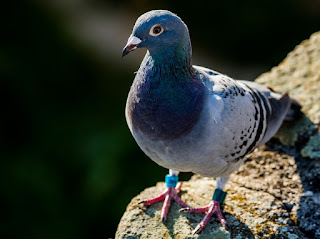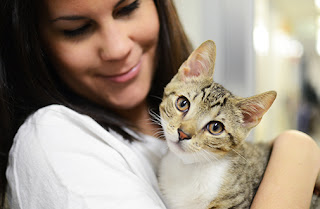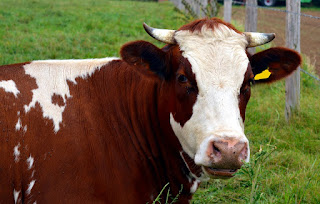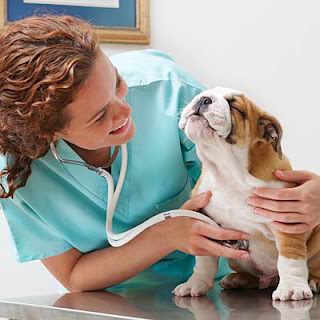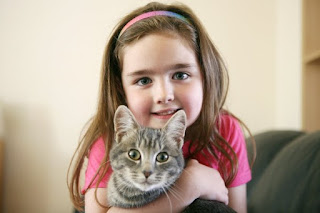HOW TO TREAT WOUNDS IN ANIMALS
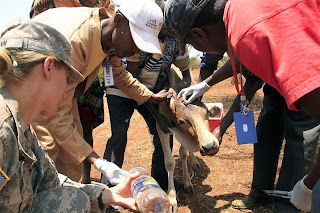
1- WASH THE WOUND WITH WARM WTAER TO REMOVE ANY DEBRIS OR DUST 2- PUT ANTISEPTIC ON THE WOUND AND THOROUGHLY CLEAN IT 3- IF YOU CAN PUT ANTI BIOTIC POWDER OR CAPSULE IN THE WOUND 4- SUTURE MIGHT BE NEEDED IF THE WOUND IS LARGE OR PUNCTURING WIDE AREA 5- THE ANIMAL MUST BE GIVEN ANTI BIOTIC INJECTION AND ANTI TETANIC SERUM 6- COVER THE WOUND WITH ACOTTON AND APIECE OF GAUZE 7- PUT THE ANIMAL IN A CLEAN AND WELL VENTILATED PLAE 8- AVOID WORK TO ANIMAL OR STRESS 9- DAILY CHANGING THE COVERING GAUZE AND COTTON WITH COVERING THE WOUND WITH DISINFECTANT AOR ANDTIBIOTIC
